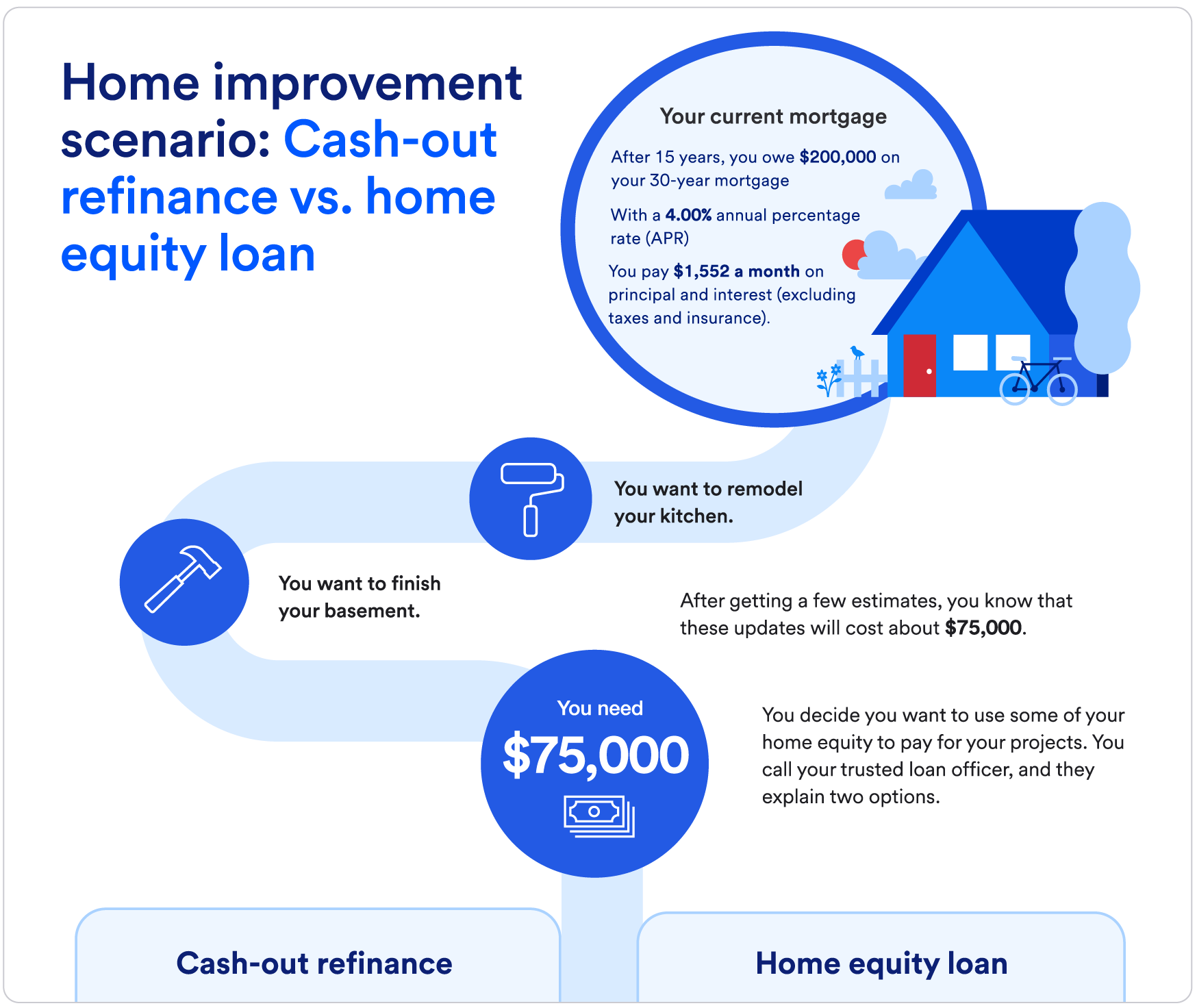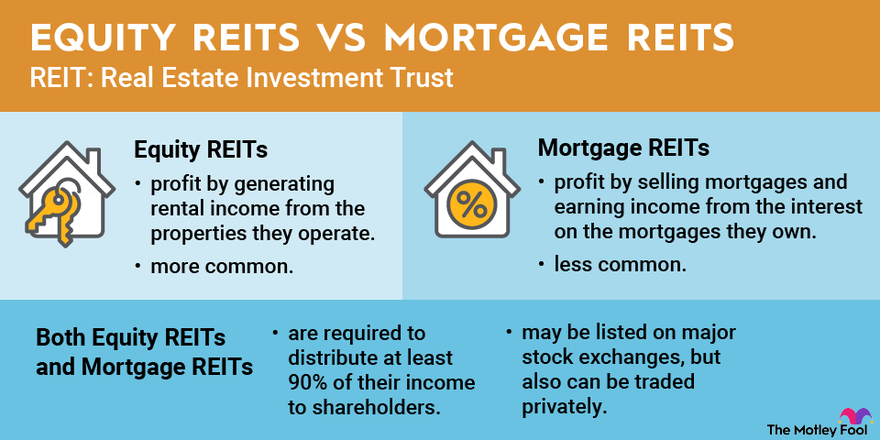Lasting Consequences of Equity Release Mortgages on Your Estate
Lasting Consequences of Equity Release Mortgages on Your Estate
Blog Article
Discovering the Various Kinds Of Equity Release Mortgages Available Today
Equity Release home loans present various alternatives for house owners aged 55 and over. equity release mortgages. These monetary products cater to different needs and preferences, allowing individuals to gain access to funds from their property. From lifetime home mortgages to common admiration mortgages, each type supplies distinctive advantages. Comprehending these choices is crucial for making notified decisions. What factors should one take into consideration when selecting one of the most appropriate equity Release plan? The details that adhere to may shed light on this essential topic
Comprehending Equity Release Mortgages
Equity Release home loans give homeowners, generally those aged 55 and over, with a way to access the worth locked up in their residential property without requiring to sell it. This economic choice enables individuals to transform a section of their home equity into cash, which can be made use of for various purposes, such as home renovations, paying off debts, or funding retirement.Equity Release can take different kinds, yet it essentially entails loaning versus the worth of the home while preserving possession. House owners can select to get a lump amount or a collection of smaller sized payments, depending upon their economic needs and preferences.Additionally, the quantity readily available for Release is affected by the property's worth, the home owner's age, and specific loan provider standards. On the whole, comprehending equity Release home mortgages is vital for house owners to make educated decisions regarding touching right into their home's equity while taking into consideration the long-term ramifications.
Life time Mortgages
Lifetime mortgages represent one of one of the most prominent forms of equity Release. This monetary item allows house owners, typically aged 55 or older, to obtain against the value of their residential or commercial property while maintaining ownership. The financing, which is secured versus the home, accrues passion in time however does not require month-to-month settlements. Instead, the finance and accumulated passion are settled when the house owner passes away or moves right into long-term care.Lifetime home loans supply flexibility, as consumers can select to get a lump sum or go with a drawdown center, accessing funds as needed. Notably, numerous plans featured a no-negative-equity guarantee, making certain that debtors will certainly never ever owe more than the value of their home. This attribute supplies comfort, permitting people to enjoy their retired life without the anxiety of depleting their estate. On the whole, life time home mortgages work as a sensible option for those seeking financial backing in later life.
Home Reversion Plans

Drawdown Lifetime Mortgages
While numerous home owners look for methods to access their wealth, drawdown lifetime home loans present a flexible alternative that permits individuals to Release funds gradually. This sort of equity Release home mortgage allows home owners to obtain against the value of their building while maintaining ownership. Unlike standard lifetime mortgages, drawdown strategies allow borrowers to access a section of their equity upfront and take out extra funds as required, as much as a predetermined limit.This attribute can be specifically helpful for those that desire to manage their finances thoroughly, as it decreases rate of interest accumulation by just billing interest on the amounts drawn. Additionally, drawdown life time mortgages often include a "no adverse equity assurance," making sure that debtors will certainly never ever owe greater than their home's value. This alternative suits retirees that desire monetary security and adaptability, allowing them to fulfill unanticipated costs or keep their way of life without needing to sell their residential or commercial property.
Enhanced Lifetime Mortgages
Boosted Lifetime Home loans offer distinctive benefits for qualified home owners looking for to Release equity from their residential or commercial properties. Understanding the qualification criteria is essential, as it establishes who can take advantage of these specialized loans. It is also important to examine the potential downsides linked with improved choices, making certain an all-round perspective on their use.
Eligibility Standards Discussed
Recognizing the eligibility standards for Improved Life time Mortgages is essential for potential applicants looking for to access the equity in their homes. Commonly, applicants have to be aged 55 or older, as this age requirement is typical in the equity Release market. Property owners should possess a property valued at a minimum limit, which can vary by loan provider. Notably, the property should be their primary house and in great condition. Lenders frequently assess the home owner's health condition, as certain health and wellness problems may boost qualification and advantages. In addition, applicants should not have existing considerable financial debts protected versus the property. Meeting these criteria permits individuals to discover Improved Lifetime Home loans as a viable option for accessing funds bound in their homes.
Advantages of Improved Home Loans
After clearing up the qualification standards, it comes to be noticeable that Improved Life time Mortgages provide numerous significant benefits for property owners seeking to leverage their residential property equity. Mostly, they offer accessibility to a bigger car loan amount contrasted to standard lifetime mortgages, profiting those with wellness problems or age-related elements that boost their life span danger. This improved borrowing capability allows home owners to satisfy different economic demands, such as home improvements or retired life expenditures. In addition, these home loans generally come with flexible payment options, making it possible for consumers to manage their funds better. The no-negative-equity guarantee better assures that property owners will never owe more than their home's value, supplying satisfaction. Generally, Improved Life time Mortgages offer a compelling option for eligible home owners seeking financial solutions.
Prospective Disadvantages Taken Into Consideration
While Enhanced Lifetime Home loans use many advantages, potential disadvantages warrant cautious consideration. One substantial problem is the effect on inheritance; the equity launched lowers the value of the estate left to beneficiaries. Additionally, these home mortgages can my website build up substantial interest over time, leading to a substantial debt that might exceed the initial car loan amount. There may additionally be restrictions on building alterations or rental, limiting homeowners' versatility. In addition, enhanced items typically call for certain wellness conditions, meaning not all property owners will certify. Taking care of the costs and costs associated with these home loans can be complicated, possibly leading to unforeseen expenses. Because of this, people should completely examine their circumstance and seek advice from economic experts prior to continuing.
Shared Admiration Home Loans
Shared Gratitude Mortgages stand for a distinct financial arrangement that enables property owners to accessibility equity while sharing future building worth increases with the lending institution. This technique provides potential benefits such as lowered monthly payments, but it additionally comes with disadvantages that should be thoroughly thought about. Recognizing the qualification requirements is crucial for those curious about this alternative.
Concept Review
Equity Release home loans, especially in the form of common appreciation home loans, use house owners a distinct monetary service that enables them to gain access to funds by leveraging the worth of their residential or commercial property. In this setup, a lending institution gives a finance to the house owner, which is normally paid off through a share of the residential or commercial property's future recognition in worth. This indicates that when the house owner offers the home or passes away, the loan provider obtains a percent of the enhanced worth, as opposed to just the initial lending amount. Shared appreciation home mortgages can be appealing for those looking to supplement their earnings or finance considerable expenses while preserving ownership of their home. However, the monetary ramifications of common appreciation need to be thoroughly considered by potential debtors.
Benefits and Drawbacks
Although common recognition home mortgages can give considerable economic advantages, they additionally include significant downsides that prospective consumers need to think about. These home mortgages allow homeowners to accessibility equity in their homes while sharing a part of any kind of future appreciation with the lender. This arrangement can be valuable throughout times of increasing residential property values, offering substantial funds without monthly repayments. Nonetheless, the main drawback is the prospective loss of equity; homeowners may wind up with substantially minimized inheritance for heirs. Additionally, the intricacy of the terms can bring about misconceptions regarding repayment responsibilities and the percentage of appreciation owed. It is essential for customers to weigh these factors very carefully before committing to a shared appreciation mortgage.

Eligibility Needs
What criteria must house owners meet to receive a common appreciation home mortgage? Mostly, prospects should go to the very least 55 years of ages, ensuring they are within the target market for equity Release products. other Furthermore, the building has to be their primary house and commonly valued above a defined minimum threshold, commonly around ? 100,000. Lenders likewise examine the property owner's financial situations, including earnings and arrearages, to establish they can take care of the home loan properly. Importantly, the property has to be in great problem and cost-free from considerable legal encumbrances. Home owners should additionally have a clear understanding of the terms, consisting of exactly how admiration will certainly be shown to the loan provider upon sale or transfer of the property, as this impacts overall returns.
Selecting the Right Equity Release Option

Frequently Asked Questions
What Age Do I Need to Be for Equity Release?
The age need for equity Release commonly begins at 55 for most plans. However, some providers may offer alternatives for those aged 60 and above, mirroring varying terms based on individual situations and lending institution plans.
Will Equity Release Influence My Inheritance?
Equity Release can influence inheritance, as the quantity borrowed plus interest decreases the estate's worth. Heirs might get less than anticipated, depending upon the residential or commercial property's admiration and the complete financial obligation at the time of passing.
Can I Relocate House With Equity Release?
The inquiry of relocating home with equity Release occurs frequently. Usually, individuals can move their equity Release plan to a brand-new residential property, however certain conditions might use, needing appointment with the loan provider for support.
Exist Fees Linked With Equity Release Mortgages?
Fees connected with equity Release mortgages can consist of setup fees, appraisal fees, and legal expenses. Additionally, there might be early repayment costs, which can affect the total expense and financial implications for the customer.
How Does Equity Release Effect My Tax Circumstance?
Equity Release can influence one's tax circumstance by potentially increasing taxable revenue, as launched funds are considered resources. It normally does not sustain immediate tax obligations, making it crucial to get in touch with a financial advisor for individualized guidance.
Conclusion
In recap, the selection of equity Release home mortgages readily available today provides homeowners aged 55 and over several pathways to access their building's value - equity release mortgages. Whether going with a life time home mortgage, home reversion strategy, or various other alternatives, each option provides distinctive advantages customized to individual economic demands. Careful factor to consider and assessment with a monetary consultant are important to assure the selected equity Release remedy lines up with monetary scenarios and individual goals, ultimately assisting in notified decision-making for a protected financial future. Equity Release home loans existing various choices for home owners aged 55 and over. Equity Release home mortgages provide property owners, usually those aged 55 and over, with a method to access the value tied up in their home without needing to sell it. Improved Lifetime Mortgages provide distinctive advantages for qualified house owners seeking to Release equity from their homes. Equity Release home mortgages, especially in the form of common gratitude home mortgages, offer property owners a special financial option that permits them to accessibility funds by leveraging the worth of their property. In recap, the range of equity Release home loans readily available today offers homeowners aged 55 and over multiple paths to access their residential or commercial property's worth
Report this page